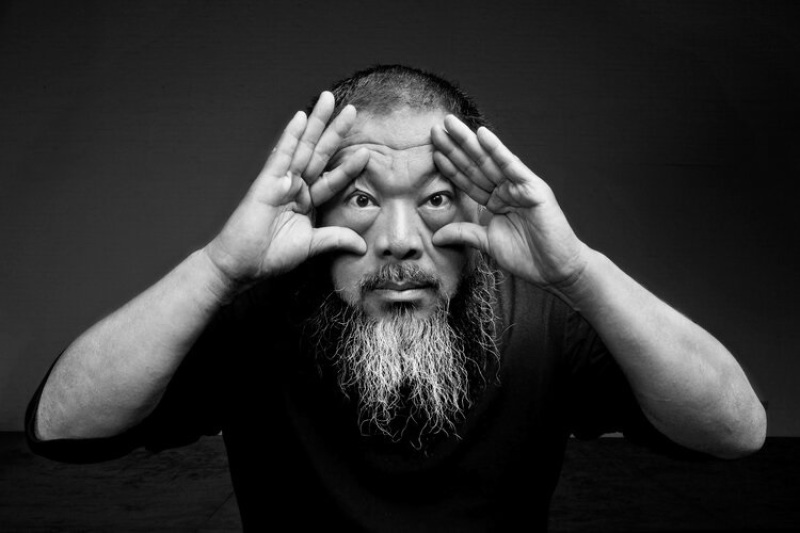
Chinese dissident and artist Ai Weiwei has observed how political correctness in the U.S. has become similar to Mao Zedong's Cultural Revolution in China.
The contemporary artist, who grew up in northwest China and was detained for more than 80 days in 2011, is known as one of the country's most vocal political commentators. Weiwei, who left China in 2015 and traveled throughout the U.K. before settling in Portugal this year, recently shared his observations on the U.S.' current conditions.
"Certainly, the United States, with today's condition, you can easily have an authoritarian," Weiwei told PBS' "Firing Line" host Margaret Hoover, as reported by Faithwire. "In many ways, you are already in the authoritarian state. You just don't know it."
When asked to explain his stance, Weiwei remarked that "political correctness" is one of the things that makes America's contemporary culture similar to that of China's Cultural Revolution. He explained, "Many of the things happen today in U.S. can be compared to the Cultural Revolution in China, like people trying to be unified in certain political correctness. That is very dangerous."
Watch more of @MargaretHoover's conversation with artist and activist @aiww.
FULL EPISODE: https://t.co/3esSL7zui2
"” Firing Line with Margaret Hoover (@FiringLineShow) November 16, 2021
According to Fox News, Weiwei also spoke of the impact of technology on society as it enables us to "know so much more than we really understand." The Chinese dissident remarked that people don't really have the knowledge" because they don't work...don't have to act on anything." Instead, it makes people "think [they're] purified by certain ideas that [they] agree with it."
"That is posing dangers to society, to an extreme divided society," Weiwei concluded. On whether America could develop into an authoritarian state, the Chinese dissident said that "the West is material," in the sense that people "have much more" than they need without "caring about global situation."
He urged Americans to examine its own policies and politics under the global lense, especially in the midst of China becoming "a very powerful state."
Weiwei's career as a Chinese dissident dates back to the 2000's, when he gathered and published the names of 4,851 children who died in the 2008 Sichuan earthquake, whose deaths he attributed to the corruption of the Chinese regime and the unsafe construction of school buildings, The Guardian reported. The Chinese dissident also spoke of the labor abuses linked to the construction of the 2008 Beijing Olympics stadium that he himself helped design. He even sold a pack of baby formula at an auction to highlight its toxic levels of melamine and campaigned against the cat-meat trade.
By 2009, Weiwei and his team of artists were taken by Chinese authorities and locked up in their hotel rooms after they traveled to support a fellow activist who was on trial. These are just some of the anecdotes Weiwei speaks of in his memoir, "1000 Years of Joy and Sorrow." With it, the Chinese dissident reminds people that censorship "is the cruellest form of violence."



















